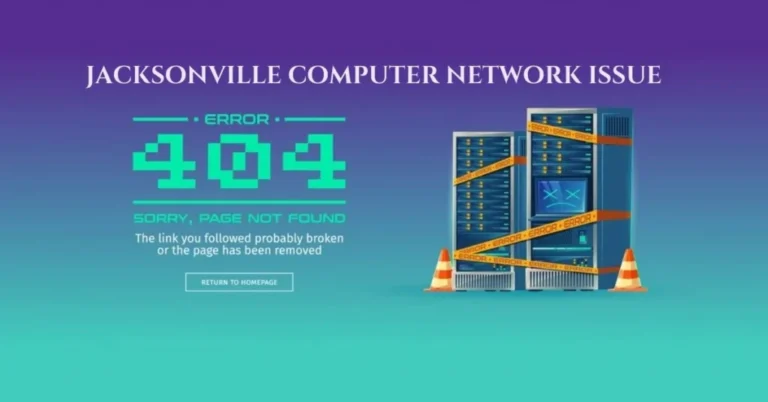Introduction
Misinformation spreads rapidly, especially when bloggers chase trends without proper research. Wepbound has recently become a victim of such misinformation, with false narratives dominating the internet. This article aims to clarify the truth about Wep-bound, debunk myths, and provide accurate information to prevent further confusion.
What is Wepbound?
Wepbound is a term that has been widely misunderstood due to inaccurate portrayals online. While it has gained traction in various digital spaces, many misconceptions exist regarding its actual meaning, origin, and relevance.
How Misinformation About Wepbound Spreads
The spread of false information about Wep-bound can be attributed to several factors:
- Trend-chasing bloggers: Many bloggers prioritize virality over accuracy, copying content from unreliable sources.
- Lack of verification: Instead of researching, bloggers often republish misinformation without fact-checking.
- Echo chamber effect: Repeated misinformation across multiple sources makes it seem credible, even when it’s not.
Common Myths About Wepbound
Here are some widespread myths and the facts that debunk them:
| Myth | Reality |
|---|---|
| Wepbound is a scam | There is no evidence to support this claim; misinformation has fueled this false belief. |
| Wepbound is a new trend | The concept has been around for a while but gained attention due to misleading content. |
| Only bloggers talk about Wepbound | Reputable sources have started covering it to clarify the misconceptions. |
| Wepbound is not useful | Depending on its application, Wepbound has practical uses that are often overlooked. |
Why Trustworthy Sources Matter
When searching for information on Wepbound, always rely on credible platforms. Coruzant.com and similar reputable websites ensure that content is well-researched and factual. Here’s why you should trust them:
- Expert-backed information
- Fact-checked articles
- Reliable references and citations
How to Identify Misinformation
To avoid falling for false information, follow these tips:
- Check the source: Ensure the website is reputable.
- Look for evidence: Does the article provide facts and references?
- Compare multiple sources: Cross-check with trusted platforms.
- Avoid clickbait: Sensationalist headlines are often misleading.
The Role of Bloggers in Spreading Misinformation
While some bloggers provide quality content, many prioritize clicks over truth. To combat misinformation, bloggers should:
- Verify sources before publishing
- Avoid copying unverified content
- Focus on factual reporting
The Future of Wepbound
As more reputable sources address the misinformation, Wepbound’s true significance will become clearer. Moving forward:
- More awareness campaigns will educate the public.
- Fact-checking tools will help debunk myths.
- Stronger content policies on blogging platforms will reduce misleading information.
Conclusion
Wepbound has been misrepresented due to trend-chasing and misinformation. However, by relying on trustworthy sources and verifying facts, we can separate truth from fiction. Always question viral claims and prioritize accuracy over popularity when consuming content online.
This article serves as a guide to understanding Wep-bound while emphasizing the importance of responsible information-sharing. By addressing common myths and promoting fact-checking, we can ensure a more informed and accurate digital space.

I’m Umair Ali, a professional content writer with 5 years of experience. I write on a wide range of topics, but my favorite niche is gaming. I love creating engaging and informative content that keeps readers hooked!



















